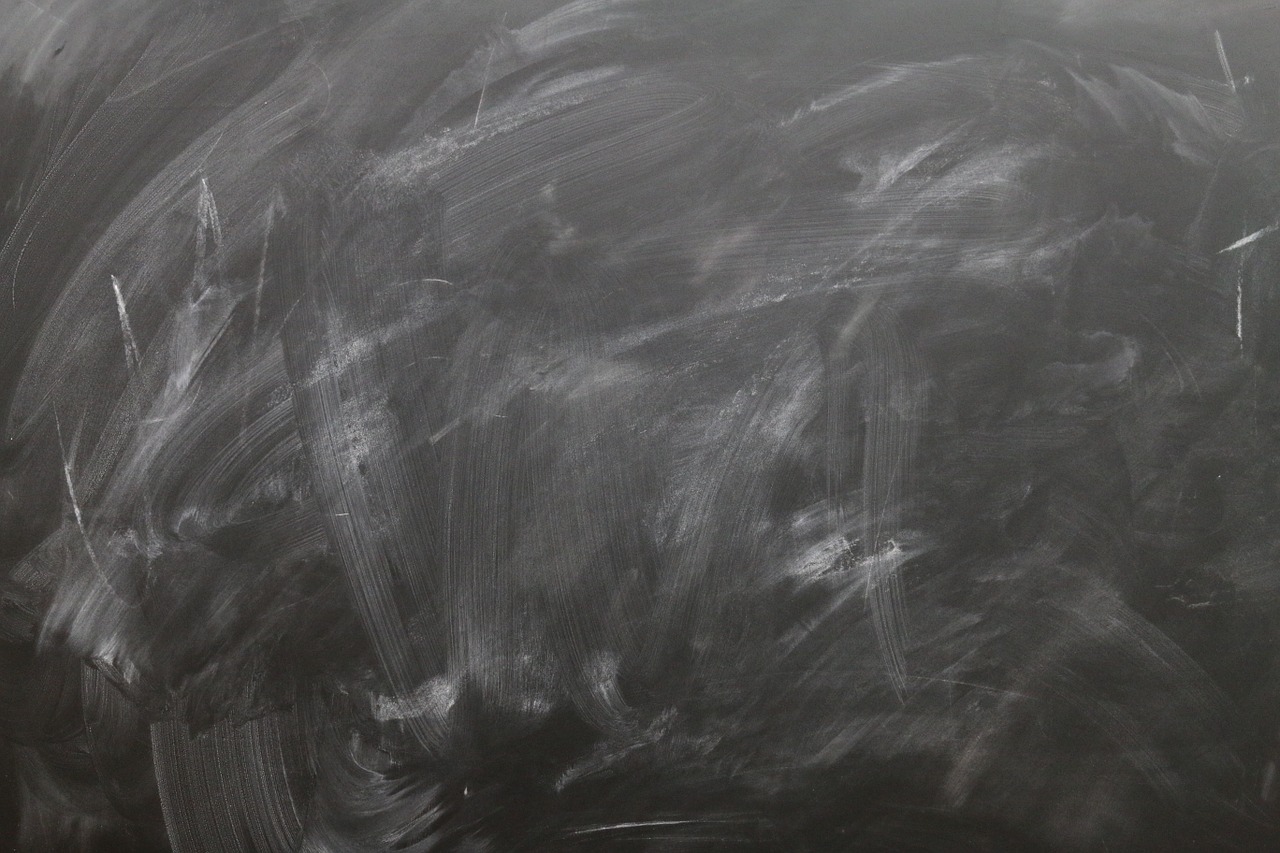Course Description
“Tell me and I will forget; show me and I will remember; involve me and I will understand.” Attributed to Confucius around 500 BC, many of you, as educators, still embrace this sentiment today. This course is designed to provide educators like you the opportunity to earn professional development credit for integrating drama into today’s curriculum. Kinesthetic learners learn best by doing, and incorporating drama into your curriculum gives you one more tool in your teaching toolbox that allows you to, quite literally, engage your students with the curriculum. Share with us the innovative ways you have infused your lessons with drama components and earn graduate-level professional development credit for work you have done (outside of professionally paid hours) to prepare the lessons and include drama in your lessons. To earn PD credit for your invested time, you have only to submit (1) a short description of the creative teaching ideas you have already created (or that you plan to create), (2 )a self-created time log verifying the hours of work you have invested, and(3) selected proof of completed objectives.
About University of the Pacific
University of the Pacific, established in 1851, is California’s oldest private chartered university and is fully accredited by the Western Association of Schools and Colleges (WASC).
The credits offered are post-baccalaureate, graded, graduate-level semester units of credit, provided directly through University of the Pacific, Benerd College. They are specifically designed to meet the needs of educators for Salary Advancement and Recertification. The credits/units are acceptable where local districts approve and applicable to state licensing where authorized. We always encourage you to check with your employer for acceptability of these credits/units. Course participants are responsible to determine acceptability of these credits for their intended use. Each graduate-level semester credit is equivalent to 15 hours of academic involvement.
Course Objectives
Upon successful mastery of this course, you will be able to:
- Integrate and apply relevant dramatic strategies to a final project that will be used in your work setting.
- Integrate role-playing into your lessons to enable students to apply and internalize learned content immediately as they enact a role.
- Formulate realistic situations in which students interact with others in controlled circumstances to enhance understanding, develop experience, or explore new strategies in a safe and supported environment.
- Engage technology (discussion boards, online forums, to create role-playing activities that extend beyond the classroom.
- Evaluate specific areas of the curriculum where a dramatic approach would be most effective.
- Choose learning objectives whose mastery would be simplified or enhanced through the active exploration of specific situations or interactions by students.
- Integrate dramatic flair or interpretation into your lesson presentation to engage students more fully in a fun and creative way.
- Reflect on how the incorporation of drama into specific lessons will impact future student growth.
- Reflect on the professional development experiences, specific to your future growth.

